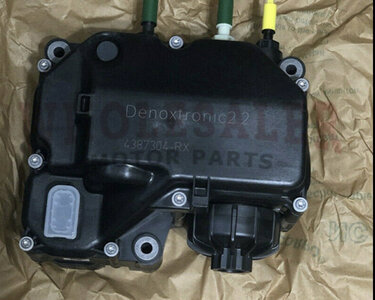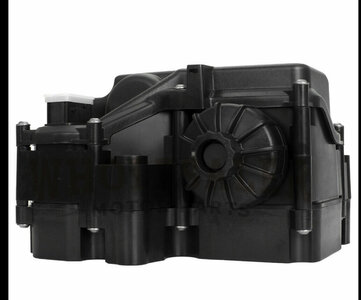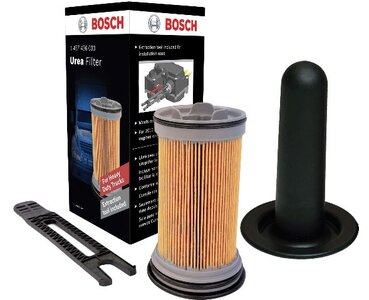Chuggs
RVF Supporter
- Joined
- Nov 3, 2019
- Messages
- 642
- RV Year
- 2016
- RV Make
- Newmar
- RV Model
- Ventana 4037
- RV Length
- 40’
- TOW/TOAD
- Jeep JKU
You can go or call any Freightliner parts department with the last 6 of your VIN, and they can tell exactly what is on your coach.
Alternatively, but a bit more involved...register online for DTNA portal access as an owner/operator and have access to Parts Pro /Excelerator...and you can use your VIN or last 6 digits to filter thenparts list...just like the Frrightliner guys do. You register your VIN, so the free service only lets you lookup your coach. Shops pay for access and can lookup any VIN.
Alternatively, but a bit more involved...register online for DTNA portal access as an owner/operator and have access to Parts Pro /Excelerator...and you can use your VIN or last 6 digits to filter thenparts list...just like the Frrightliner guys do. You register your VIN, so the free service only lets you lookup your coach. Shops pay for access and can lookup any VIN.















